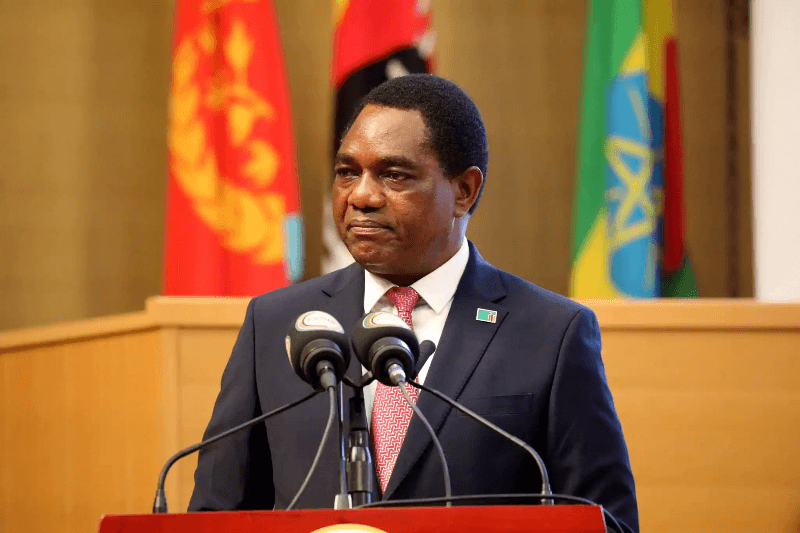In a decision that has escalated political friction in Zambia, President Hakainde Hichilema fired three Constitutional Court judges over what has been described as corrupt practices. The said judges include Justice Annie Sitali, Justice Mungeni Mulenga, and Justice Palan Mulonda; all of them gave key rulings that shaped Hichilema’s political career; the annulment of his 2016 election petition and the ruling which allowed former President Edgar Lungu to contest for the third term in 2021.
Legal Process and Executive Decision
This has followed the judges’ failure to overturn the JCC recommendation for their suspension through an appeal on the high court. They were conducted after the petition by a private individual Moses Kalonde while that of lawyer Joseph Busenga that sought similar action on handling of the 2016 election petition was dismissed. State House Chief Communication Strategist Whitney Mulobela underscored that the president’s decision was constitutional as he act based on the recommendation of the JCC involving gross misconduct.
The presidency has dismissed the plot as political, arguing that Hichilema was under a constitutional mandate to implement the recommendation of the JCC. The action has shed light on the interaction between the executive and judicial branches of Zambia, with the constitution vesting much authority in the president over the judiciary.
Keep Reading
Political Implications and Public Reaction
As Laura Miti, a social and political commentator, said more informed Zambians made up of those who think that it is legal but self-serving presidential action, and there are those who support the decision. Opponents have labeled the dismissals as authoritarianism, which is being championed by Lungu through his lawyer Makebi Zulu.
Academic Sishuwa Sishuwa opines that the source of the problem is the appointment by the executive, and hence, changes in the procedure would be more productive than targeting individuals. The conflict has increased political enmity as the nation heads to the 2026 elections in which Hichilema and Lungu are bound to contest for the fourth time.

